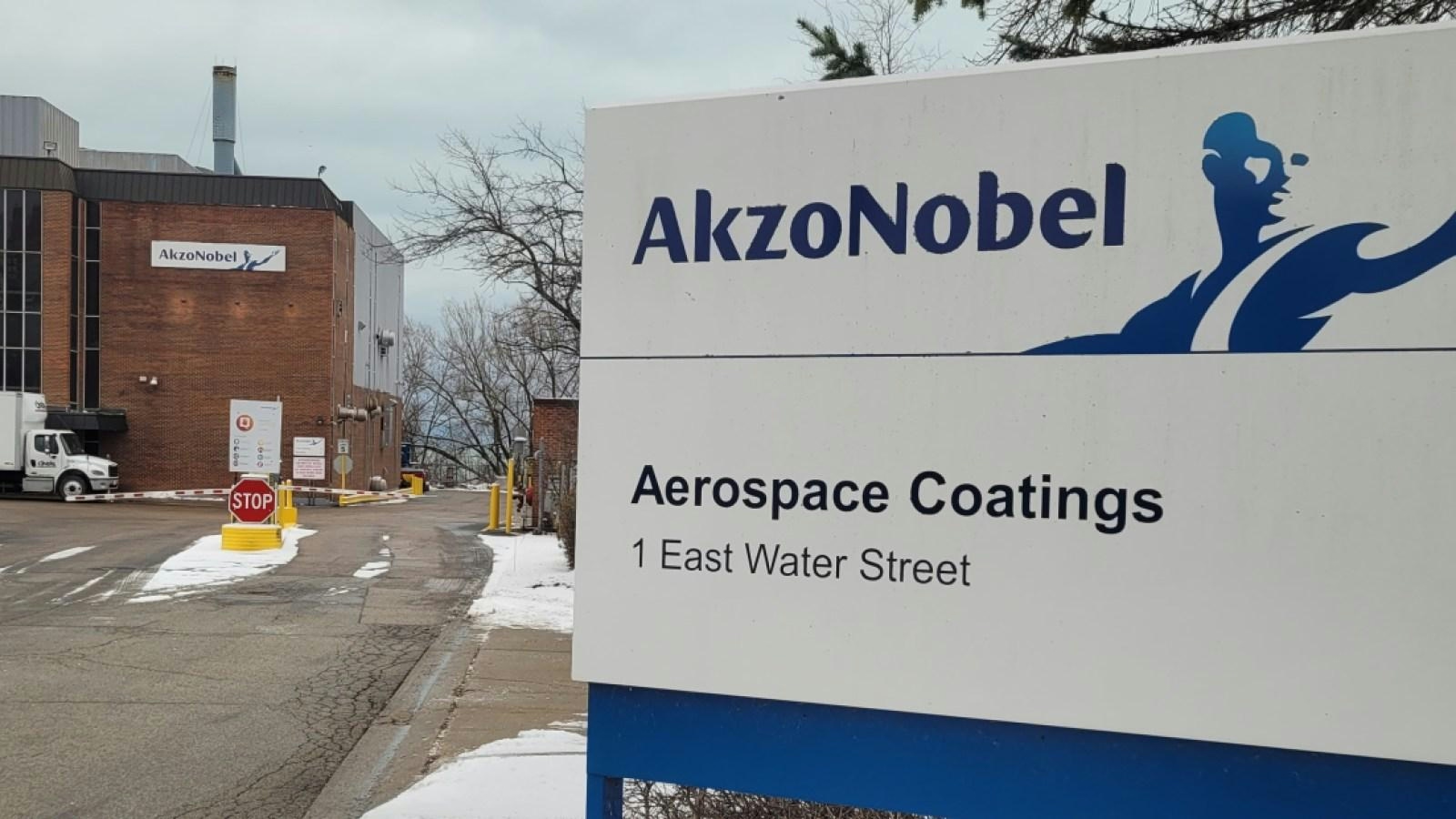
AeroGenie — 您的智能副驾驶。
热门趋势
Categories
AI Advances Promote Sustainable and Cost-Effective Aviation
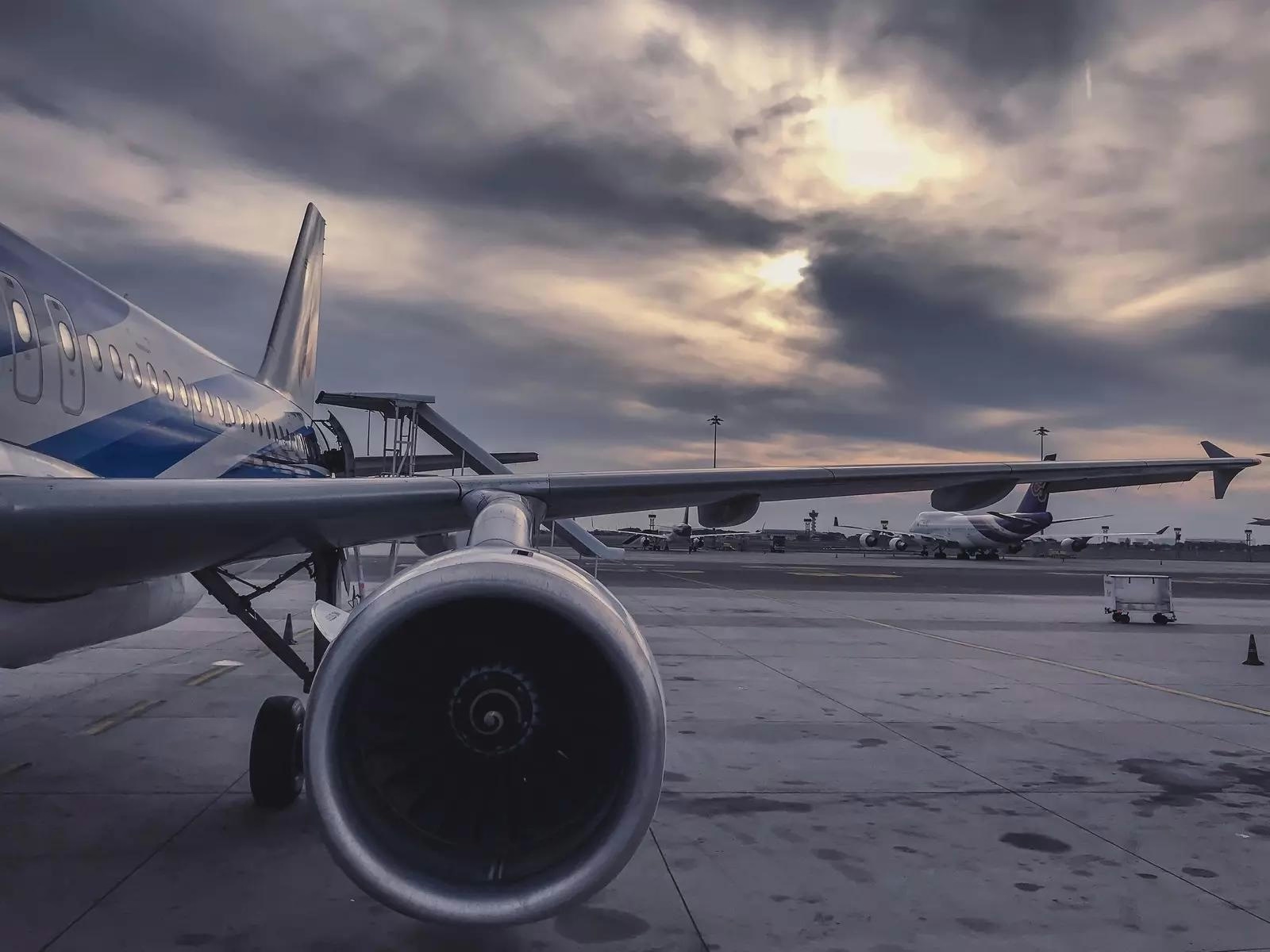
AI Advances Promote Sustainable and Cost-Effective Aviation
Enhancing Weight Management and Fuel Efficiency
Weight management remains a pivotal concern in the aviation sector, directly influencing operational costs and environmental impact. Overfilling aircraft with paraffin fuel not only increases the overall weight but also results in higher fuel consumption, thereby escalating expenses and carbon dioxide emissions. Recent analyses of big data have highlighted a frequently overlooked issue: incidents occurring immediately before take-off, such as the inability to load certain containers, are often excluded from refueling calculations. Although this oversight is not new, its significance has been underestimated until now.
The application of artificial intelligence (AI) to optimize refueling processes has yielded significant improvements. AI-driven algorithms enable precise calculations that incorporate last-minute operational changes, effectively preventing unnecessary fuel loading. Over the past two years, this approach has contributed to the avoidance of several million kilograms of paraffin consumption, corresponding to a reduction of approximately 5,000 tonnes of CO2 emissions. On an annual basis, these advancements have saved around eight million kilograms of paraffin, demonstrating AI’s capacity to deliver both economic savings and environmental benefits.
Challenges and Market Dynamics in AI Integration
Despite these promising developments, integrating AI into aviation presents considerable challenges. Substantial investment is necessary to develop and deploy sophisticated AI systems, while regulatory frameworks are still evolving to address the unique risks associated with these technologies. Issues related to data privacy and the potential for algorithmic bias remain prominent concerns as airlines and technology providers manage sensitive operational data.
Market responses to AI’s expanding role in aviation have been varied. Some investors express optimism about the potential for enhanced efficiency and sustainability, whereas others remain cautious due to the high costs and uncertain regulatory environment. The competitive landscape is also undergoing transformation, with several companies engaging in mergers and acquisitions to acquire AI capabilities they cannot develop internally. This heightened demand for AI technology is influencing financial markets, as investors increasingly favor technology stocks and executives are willing to pay premium prices to secure advanced solutions.
As the aviation industry continues to embrace AI, the interplay between innovation, investment, and risk management will be critical in shaping the future of sustainable and cost-effective flight operations.
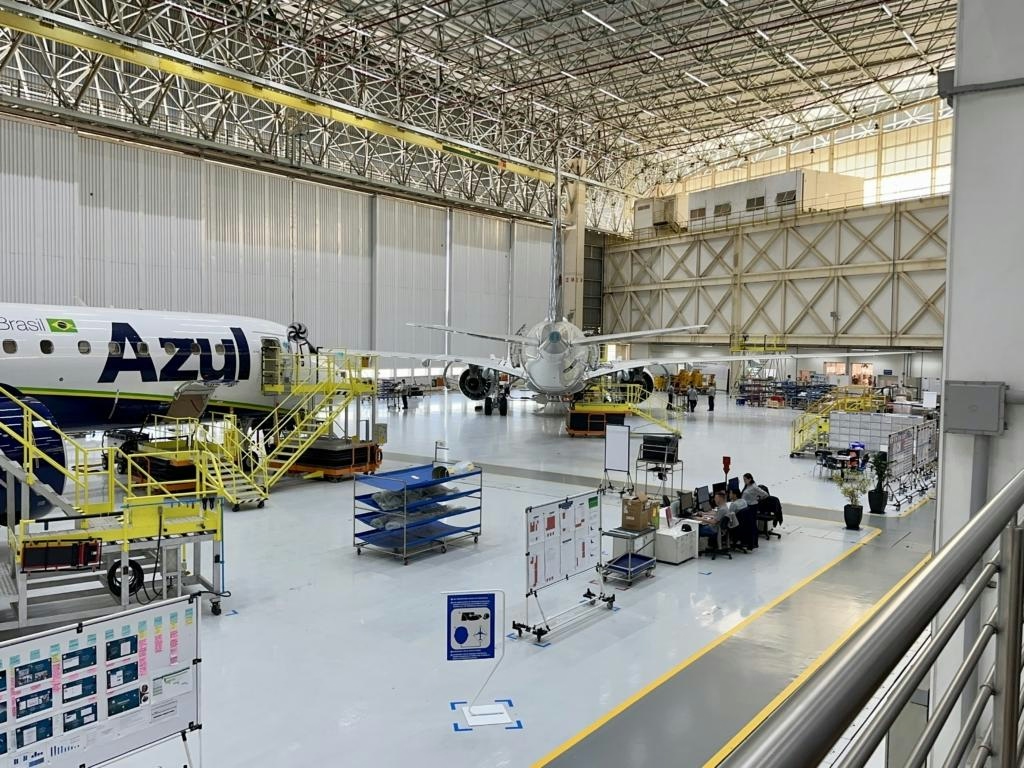
Adani–Embraer deal could bring commercial aircraft assembly to India

GE Aerospace Awarded $1.4 Billion Contract for CH-53K Engines
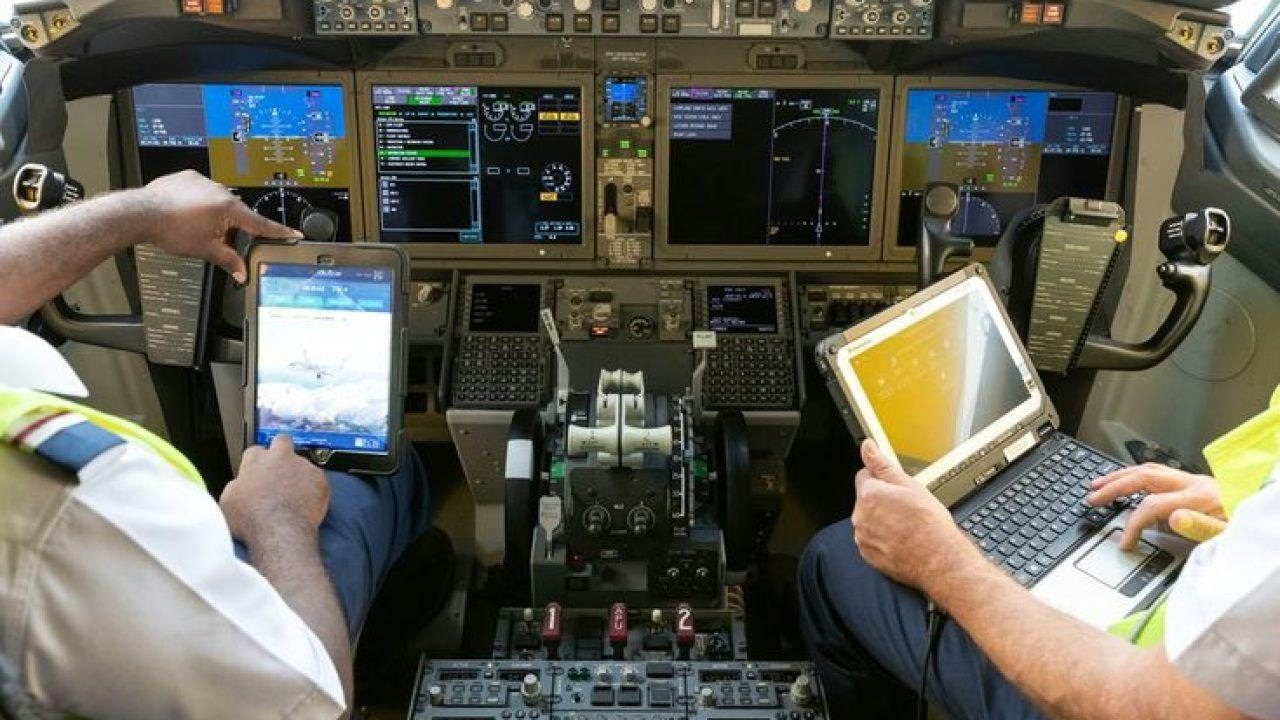
Flydubai Introduces Digital Solution to Improve Operational Efficiency and Customer Service

Astral Aviation Expands Charles Ngwalla’s Role in Strategic Partnerships

Daher Reaches Delivery Milestones in 2025

Flying Taxis May Arrive in Florida by Year’s End
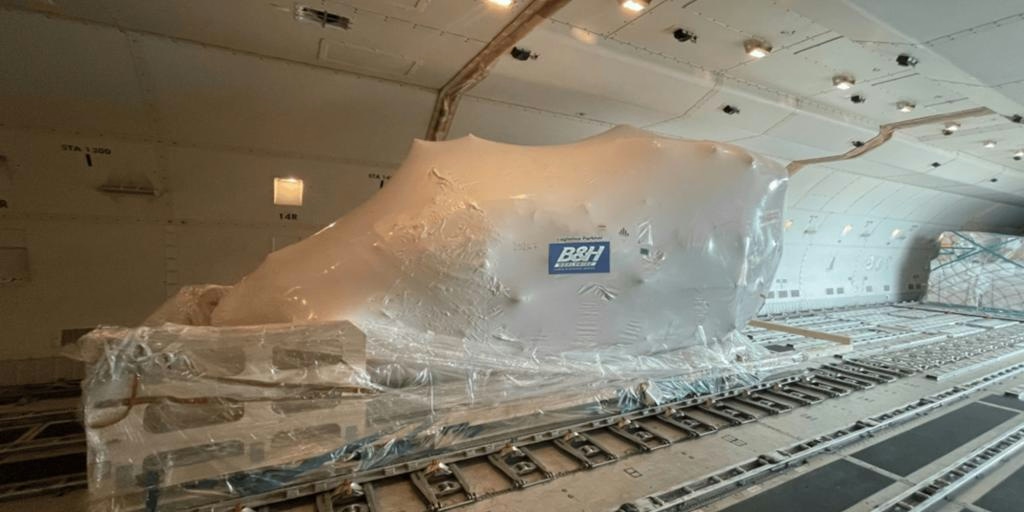
B&H Worldwide Facilitates Delivery of H145 Rescue Helicopters to New Zealand
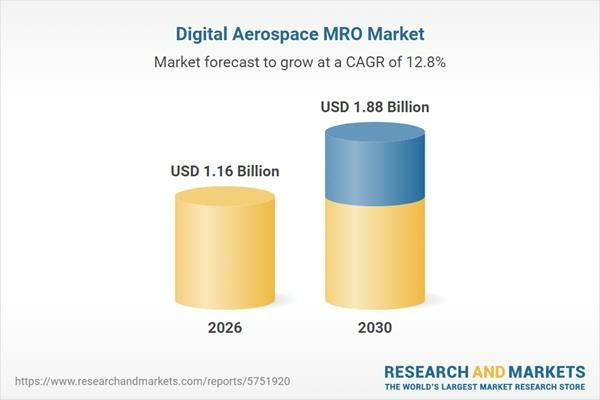
Digital Aerospace MRO Market Forecast: AI, IoT, Blockchain, and Cloud Technologies Through 2035

Dubai Airlines Redefine Travel with Premium Economy Upgrades
